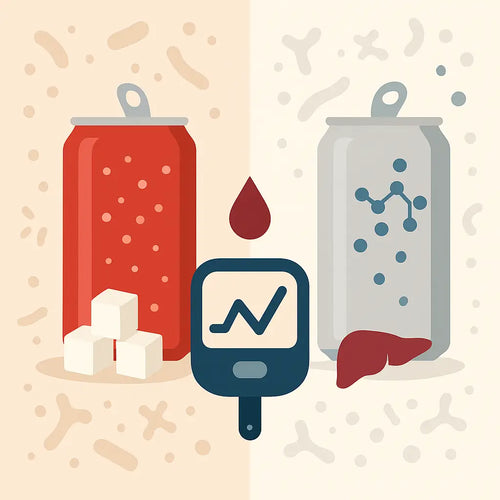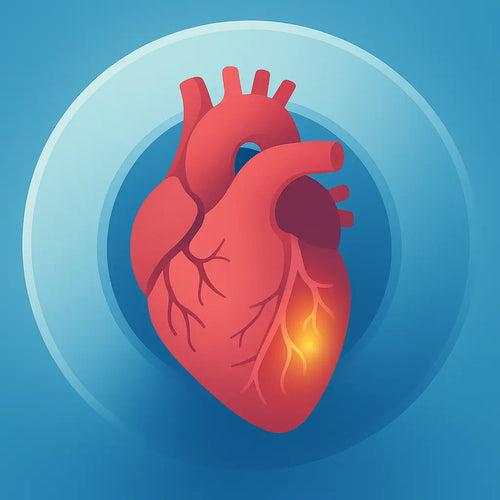Yes, how food is prepared can make a big difference.
Heat-processed foods contain high levels of advanced glycation end products (AGEs) (Uribarri J, et al. 2010).
AGEs are produced when glucose and protein react with each other, and they are known to contribute to oxidative stress and inflammation.
Oxidative stress and inflammation are again linked to cardiovascular disease, diabetes and also other chronic conditions.
Certain foods generally have higher levels of AGEs and are even more susceptible to new AGEs formation when cooked.
This is especially true for animal derived foods that are high in fat and protein.
Vegetables, fruit, beans and grains contain a lot fewer AGEs; this holds true even after they have been cooked.
The most damaging way to cook is dry heat. This increases the AGEs formation by10-100 folds compared to the uncooked food.
Does this mean that we have to eat everything raw?
No, not all food (even if the food is healthy) can be eaten raw.
This has been shown to decrease the AGEs formation significantly.
Cooking with moist heat at lower temperatures for a shorter time, and also using acidic ingredients like lemon juice or vinegar.
While the brown color of grilled or baked chicken or the brown crust of bread may look appealing to you, it is not healthy.
Uribarri J1, Woodruff S, Goodman S, Cai W, Chen X, Pyzik R, Yong A, Striker GE, Vlassara H. Advanced glycation end products in foods and a practical guide to their reduction in the diet. J Am Diet Assoc. 2010 Jun;110(6):911-16.e12. doi: 10.1016/j.jada.2010.03.018.
Effective S-Acetyl Glutathione
Protect yourself
Glutathione is your primary defense against aging, but regular glutathione is oxidized (destroyed in the stomach) and provides little value. S-Acetyl Glutathione is easily absorbed and provides protection.










